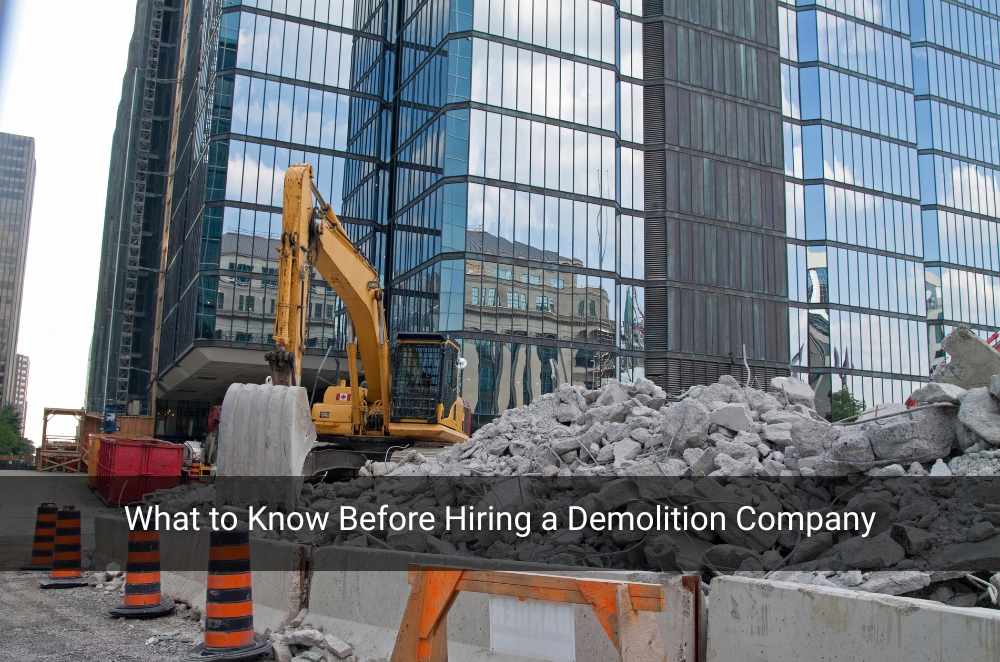
Finding the right demolition company for your project isn’t just about knocking something down — it’s about making sure the entire process runs safely, legally, and efficiently. Whether you’re removing a single dwelling or clearing a commercial lot, demolition can raise unexpected challenges. That’s why the early steps, especially contractor selection, matter just as much as the demolition itself.
I’ve come across a few site setups over the years — mostly small knockdowns or industrial clear-outs — and something always sticks out: the team you hire makes or breaks the job. Literally and metaphorically. Once, a neighbour brought in a cheap crew for a backyard teardown, and they ended up hitting a water main. The delay? Weeks. The cost? Let’s just say the savings didn’t hold.
Understand what influences the demolition process
A lot of folks assume demolition is the easy part. Just flatten and clear. But the truth? It’s layered. What kind of structure you’re removing, where it sits, and what lies underneath all change how that process needs to be handled.
Some contractors will ask the right questions early on — and that’s a sign they’re thinking beyond surface-level work. They’re accounting for risk, materials, access points, and environmental factors.
A few key things to consider when reviewing a proposed approach:
Is there tight access for machinery or skips?
Any neighbour proximity or shared boundaries?
Structural quirks like mezzanines or partial retaining walls?
What level of soil remediation is required?
Are any materials worth salvaging?
Every decision here connects to permits, equipment selection, and even disposal methods. A rushed quote usually means a rushed job.
I remember one project where a back shed turned out to sit on a poured concrete slab that had merged with an old garage footing. The contractor hadn’t checked, and it set them back a whole day just cutting around it. A simple pre-job scan would’ve avoided that.
Focus on regulatory standards and industry compliance
It’s easy to get lost in logistics and forget the legal stuff — but it’s the legal stuff that can bite hardest when ignored. Especially when you’ve got neighbours, council inspectors, or older structures involved.
SafeWork NSW outlines expectations specific to construction and demolition guidelines, including permits, asbestos risk protocols, and exclusion zones.
From what I’ve seen, good contractors are proactive here. They don’t wait for you to ask. They bring the paperwork to the first meeting. They offer to walk you through timelines and approval windows.
It’s worth checking:
Do they hold all relevant state licences?
Who’s applying for the demolition permit?
How do they notify authorities and nearby residents?
What’s their plan for unexpected finds (e.g., asbestos or hidden tanks)?
A contractor who shrugs off these questions might be cutting corners. You want someone who knows how to work with red tape, not ignore it.
Assess their process for selecting subcontractors and suppliers
One thing that often flies under the radar is who else will be on your job site. The main contractor may be licensed and insured, but what about the subcontractors? The hauliers? The people doing the actual physical work?
Better professionals usually operate with a contractor selection checklist that vets their subcontractors before work begins.
I’ve been on sites where confusion over who's responsible for what led to three trucks turning up at once, no one knowing where to park, and a shouting match between two different companies. Totally avoidable — if someone had taken five minutes to coordinate properly.
Some things worth asking before you sign:
Will the same crew be on-site throughout?
How is job info shared across teams?
What’s the dispute resolution process?
Do they use regular partners or freelancers?
In this business, strong relationships matter. A contractor who values their crew and suppliers tends to be more organised, more accountable, and more responsive when things go sideways.
Check their understanding of safety beyond the job site
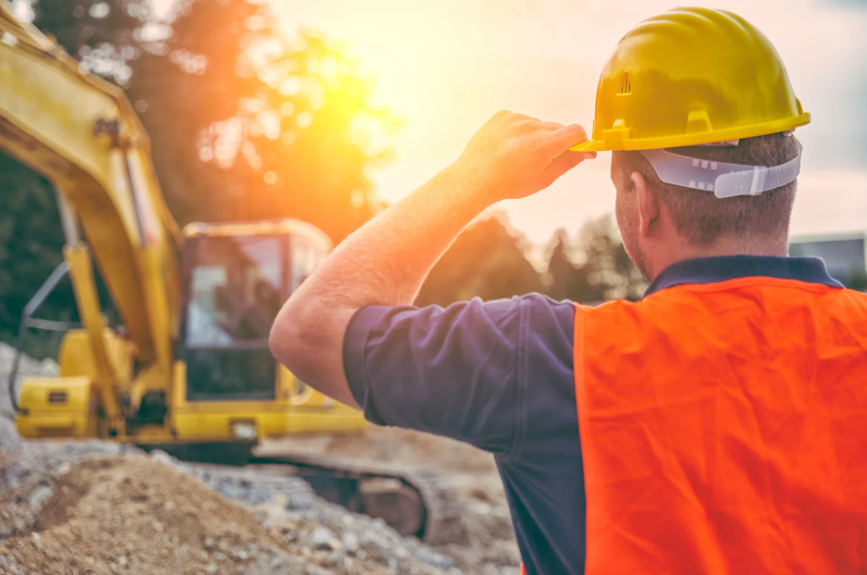
There’s safety you can see — vests, helmets, tape — and there’s safety you can’t. The latter’s what really separates a quality operator from the rest. I’ve seen crews who have a “that’ll do” attitude to boundaries and signage. It only takes one pedestrian wandering into a no-go zone to turn that into a serious issue. The pros? They act like every job’s being audited — because someday, one will be.
One useful perspective on managing this risk came from a write-up offering safe demolition hiring tips, particularly for complex residential and industrial clearances.
You’ll see strong operators doing things like:
Mapping risks before setting foot on site
Briefing crews in plain language, not just PDFs
Flagging ambiguous issues early rather than pushing through
Monitoring conditions even when they’re not “required” to
This kind of attention to detail doesn’t just make things safer — it often makes them faster in the long run. Fewer surprises. Fewer hold-ups. Less paperwork after the fact.
Final thoughts: the right start avoids the wrong outcome
Let’s be honest — most people only hire a demolition crew once in their lives. Maybe twice. It’s not something we get to practise. So when the time comes, it makes sense to slow things down a little and ask better questions. I always tell people: look past the quote. Look at how they talk about the job. Do they seem methodical? Curious? Do they treat your concerns seriously, or brush them off? When you hire the right people, you feel it before anyone lifts a hammer. There’s a calmness to how the work unfolds. Fewer surprises. More breathing room. So if you’re clearing land, prepping for a rebuild, or just need something safely taken down, put the work into your choice. That way, when the dust settles, you’ll be starting from solid ground.



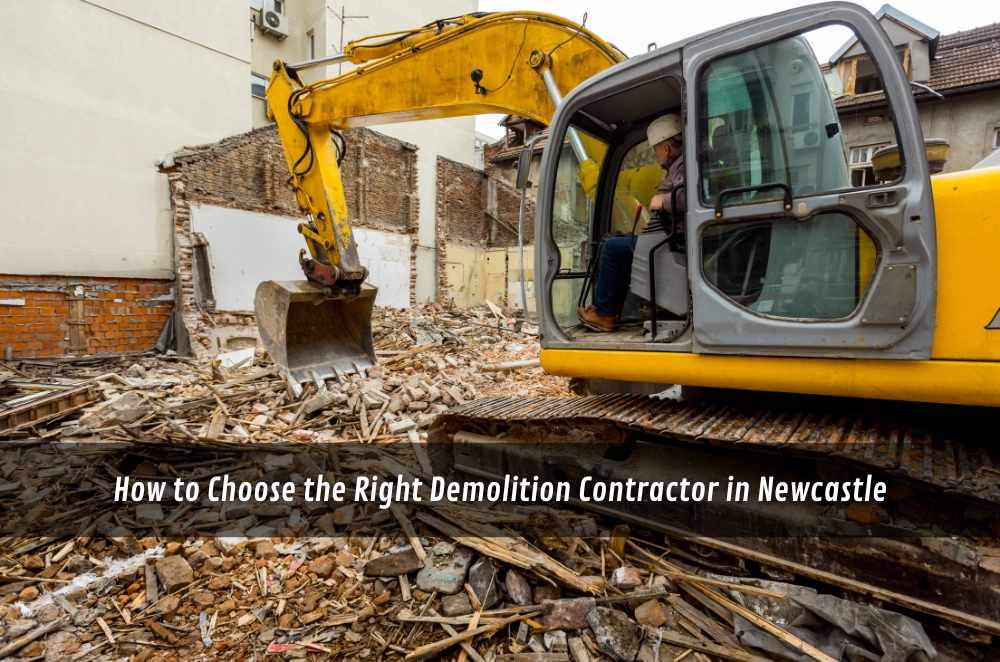
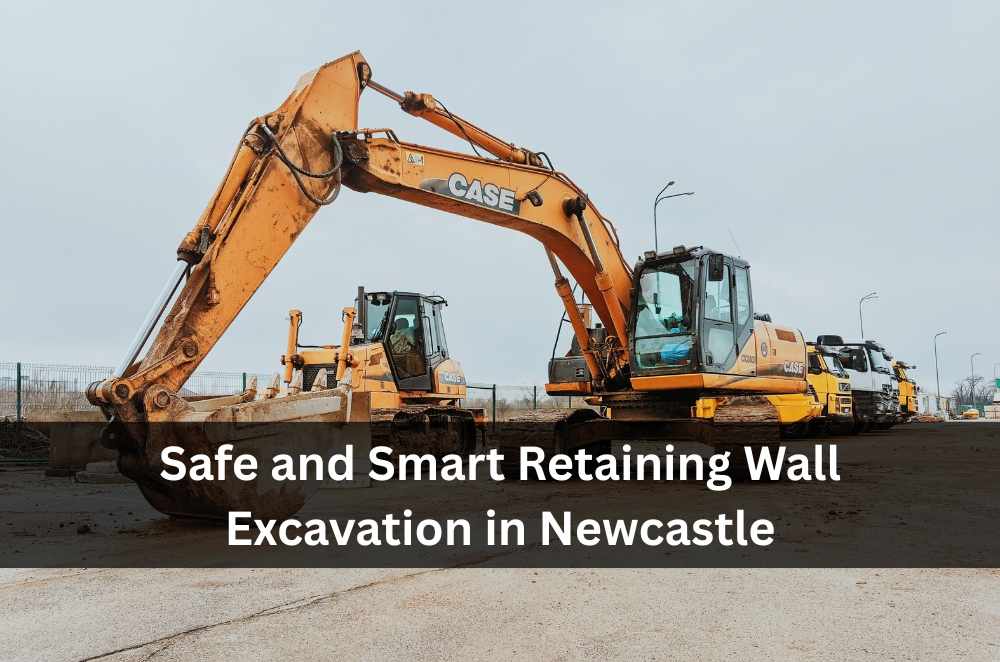
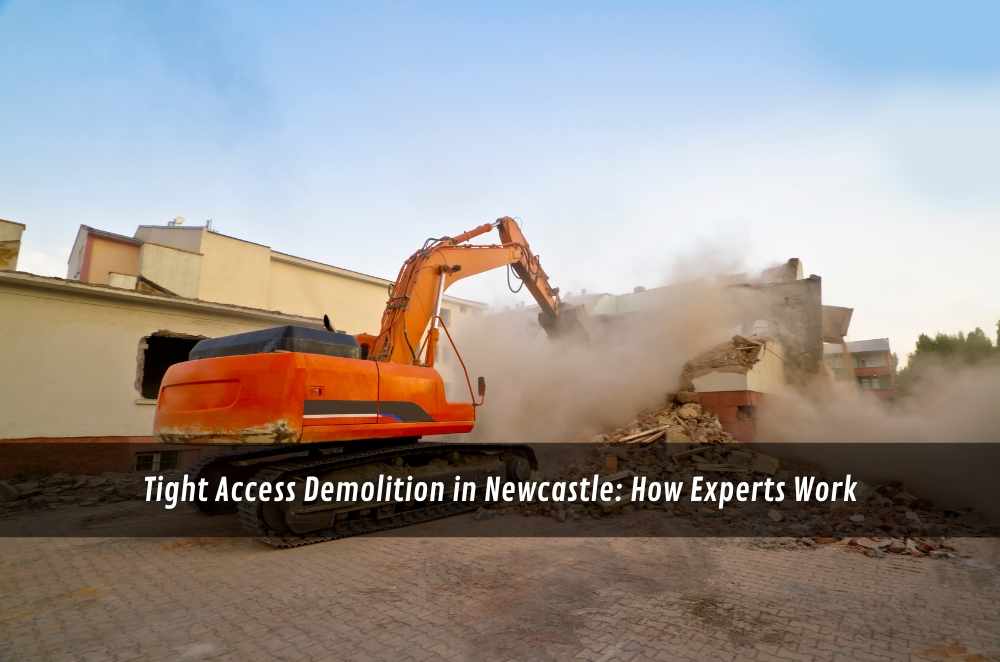
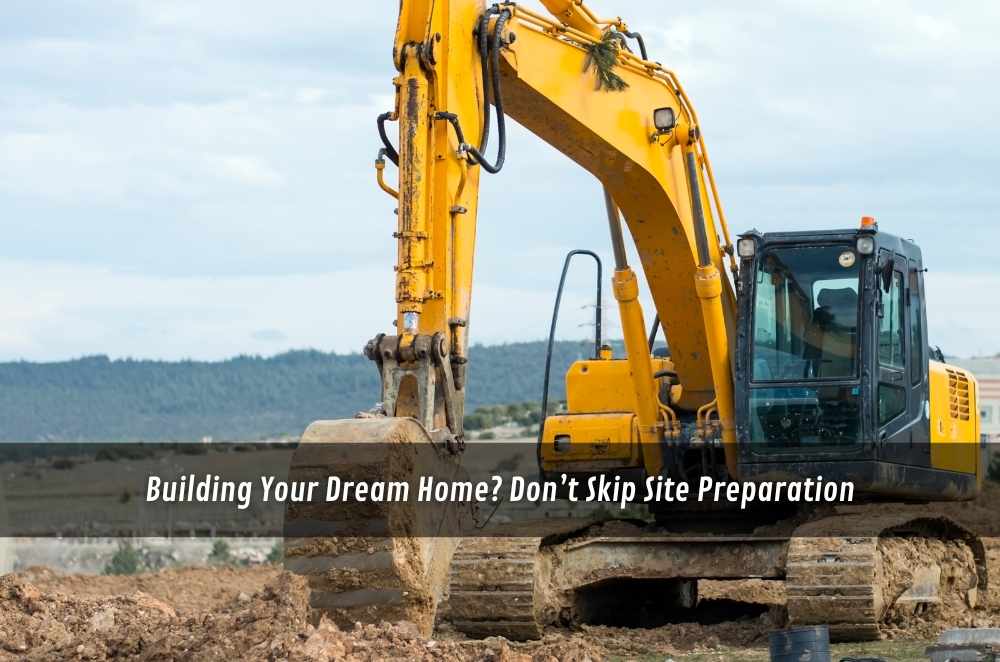
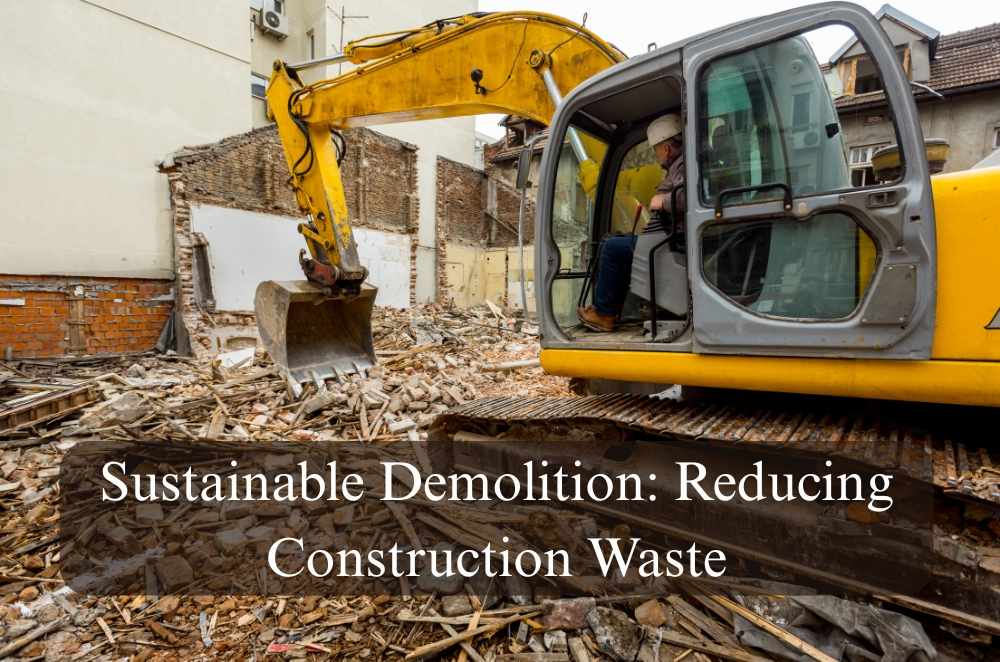
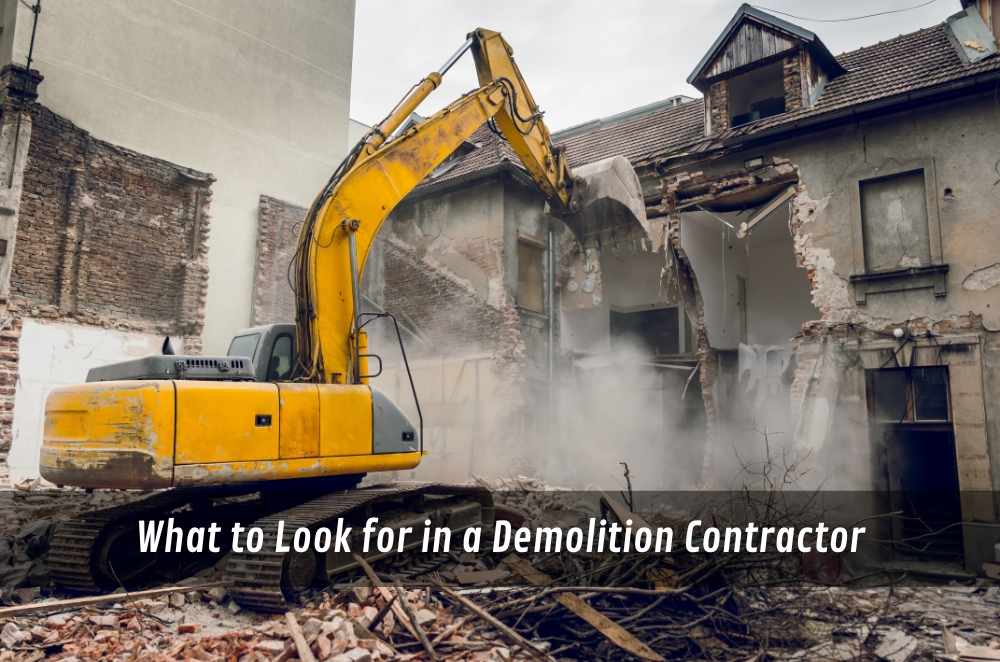
Write a comment ...